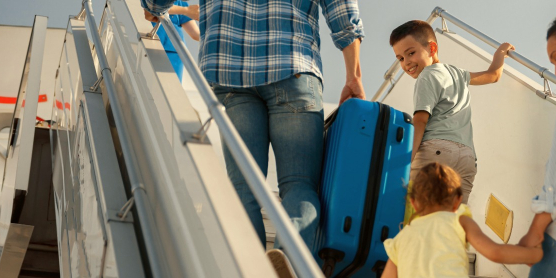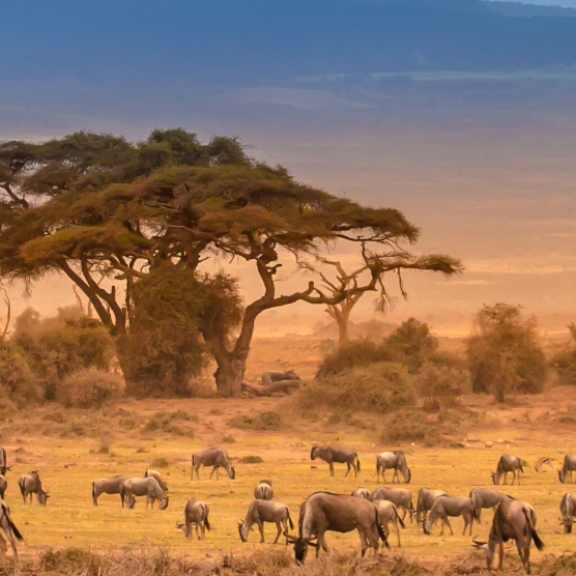
Emigrate to Kenya
Emigrate to Kenya: Find out the most important information for your stay here
Kenya is an East African country with a coastline on the Indian Ocean. The landscape is characterized by savannahs, lakes, the impressive Great Rift Valley and mountainous highlands. Kenya's native animals include lions, elephants and rhinos. Safaris are organized from the capital Nairobi to the Maasai Mara Nature Reserve, famous for its annual wildebeest migration, and Amboseli National Park, which offers views of Tanzania's 5,895-metre-high Mount Kilimanjaro. For people looking to emigrate to Kenya, the country offers a unique combination of breathtaking nature, diverse wildlife and exciting adventures. Emigrating to Kenya can be an exciting opportunity to live in an environment that is both culturally and scenically rich.
Facts about Kenya
Capital City
Nairobi
Population
54.03 million
Surface Area
224,960.88 mi² or 582,646 km²
Continent
Africa
Official Language
Swahili, English
Currency
Kenia-Schilling (KES)
Emigrating to Kenya: An overview of the political system
Kenya has been a presidential republic since the 2010 constitution and is one of the most stable countries in East Africa. Anyone wishing to emigrate to Kenya should know that the country has around 55 million inhabitants and comprises over 40 ethnic groups. Around 80 % of the population are Christians, while 10 % are Muslims. Kenya is decentralized and divided into 47 counties. Former Vice President William Ruto has been president since September 2022, and the peaceful transfer of power is strengthening the country's political stability.
Kenya plays an important regional role in dealing with conflicts, migration and environmental problems. Civil society and the media are largely free to operate, even if challenges in the area of human rights remain. Anyone wishing to emigrate to Kenya will find that the country is well positioned politically and economically.
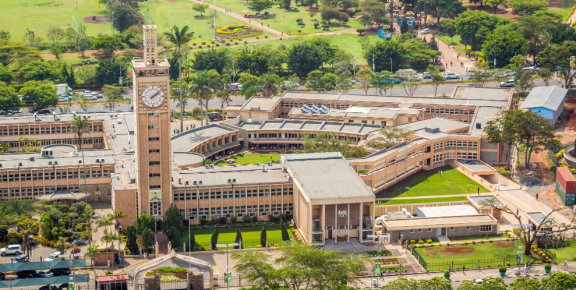
Climate in Kenya: Important information for emigrants
Kenya offers different climate zones, which vary depending on the region. If you want to emigrate to Kenya, you should know that in the highlands, from an altitude of around 1,800 m, temperatures can reach up to 26°C in summer, while it gets cool at night and temperatures can drop to around 10°C. The rainy seasons are from April to June and from October to November, mostly at night. At Lake Victoria, temperatures are higher and it rains more frequently.
On the coast, as in Mombasa, temperatures fluctuate between 22 and 32°C with a humidity of 75%. The rainiest months are from April to June, while January and February are dry and hot. The coolest months are July and August. Kenya's diverse climate therefore offers pleasant conditions for expatriates.
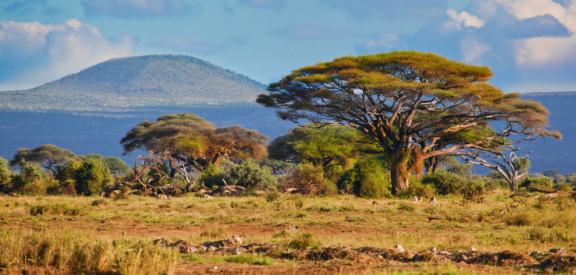
Healthcare system in Kenya: Important facts for emigrants
Kenya is a popular destination for expats emigrating to Kenya and looking for a unique life experience in Africa. The country impresses with its diverse landscapes, rich wildlife and a warm climate all year round. In recent years, the healthcare system in Kenya has improved significantly, but there are still challenges that should be considered when providing healthcare. The system is divided into three main categories: public providers, private non-profit organizations (including faith-based and mission hospitals as well as local and international NGOs) and private for-profit healthcare providers.

Emigrating to Kenya: An overview of the economic situation and quality of life
In 2024, Kenya's gross domestic product per capita amounted to around 2,219.02 US dollars. The Gini coefficient of wealth describes the distribution of wealth. The indicator is an established, internationally comparable measure of wealth inequality. It is measured on a scale from zero to one. The higher the value, the greater the inequality. The Gini coefficient in Kenya is expected to be 0.39 in 2025 (source: Statista).
In Kenya, income and resources are very unequally distributed regionally and socially. Poverty is particularly pronounced in the north of the country, where the population is suffering considerably from various crises. These crises include the economic impact of the corona pandemic, an extreme drought and drastic price increases for food and fertilizer due to the Russian war of aggression against Ukraine. For people looking to emigrate to Kenya, it is important to be aware of the regional differences and challenges. Five consecutive failed rainy seasons have led to significant crop losses and losses in milk production. Pastoralist communities are forced to travel long distances in search of water and food, leading to increasing conflict with the local population. More than five million people in Kenya are acutely threatened by hunger. These factors should be carefully considered when deciding to emigrate to Kenya.
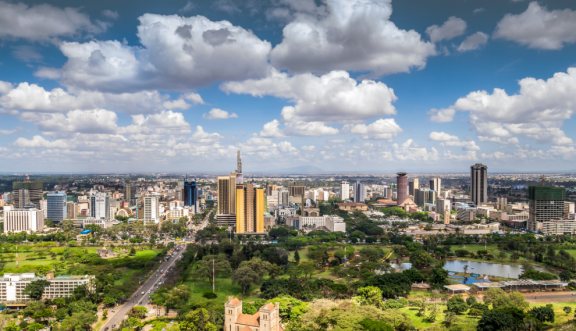
National holiday
Feast on the throne
A vibrant celebration of the Moroccan monarchy, culture and traditions
Emigrate to Kenya- Entry Requirements
Entry is possible for German nationals with the following documents:
- Passport: Yes
- Temporary passport: Yes
- Identity card: No
- Temporary identity card: No
- Children's passport: Yes

FAQs for emigrating to Kenya
Where can I find relevant information about my country of entry and the entry regulations that apply there?
We have compiled destination country information as well as entry requirements and customs information for many countries in the Relocation Service section of our website and are constantly expanding this section.
Can I use my own container that I already own for the move with DACHSER & KOLB?
For every removal, which we at DACHSER & KOLB always offer as a door-to-door (full service) removal, a container is rented for the duration of the removal. We therefore do not offer the option of using your own container.
Who is responsible for my move abroad and the services I need there?
As a FIDI member, we work abroad with selected, long-standing partners who work in accordance with our service standards.
Are my removal goods insured in the event of damage?
For every overseas move, we naturally cover transportation insurance at current value for the used household goods and personal belongings
What types of transportation do you offer for overseas relocation?
It is generally possible to carry out overseas removals via air freight or sea freight. In the case of sea freight, it is possible to ship the removal goods as additional cargo (“LCL shipment” with Liftvan) or with a container (FCL shipment in 20 feet, 40 feet or 40 feet high cube). We will be happy to discuss which option is best for you in a personal consultation.
When and how must the move be paid for and what is the payment deadline?
You will receive an invoice a few weeks after placing the order and pay the full amount directly in advance.
Do I have to pay taxes and customs duties on my removal goods?
Removal goods can be imported tax and duty-free into most countries if you have a valid residence permit. We will be happy to check the options for importing the removal goods for your desired destination country in a personal consultation.
Are you interested in moving to Kenaya or another destination country?
Then do not hesitate and contact us today.
Sabrina Klier
Customer Service & Sales - AIR & SEA



